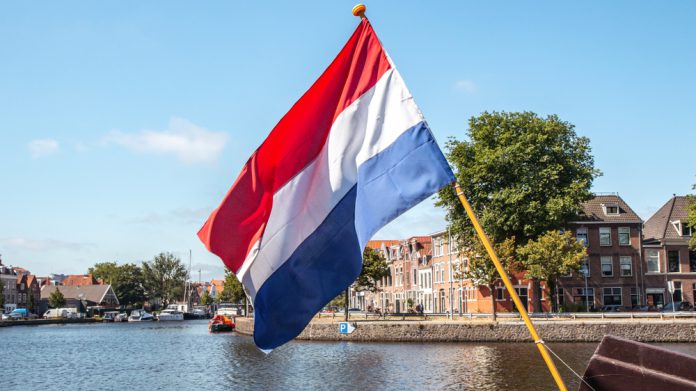Dutch gambling regulator Kansspelautoriteit has announced that six projects have been awarded funding through the ZonMw Prevention of Gambling Addiction research programme.
As part of the first subsidy breakthrough round of the research programme, these projects will begin no later than February 2024 and are financed through the Addiction Prevention Fund, which is managed by the KSA.
The programme will run from 2022 to 2029, with its breakthrough round focusing on vulnerable groups, prevention, treatment and interventions, gambling-related damage and the product characteristics/context of gambling.
Two Amsterdam UMC projects, two Trimbos Institute projects, and one project each from the University of Amsterdam and IVO have been awarded funding.
‘Evaluation and innovation of effective CBT treatment for gambling: stepping up the game, a mixed methods study’ from Amsterdam UMC, will focus on investigating cognitive behavioural therapy’s effectiveness for treating gambling problems.
Amsterdam UMC will also receive funding for a project entitled ‘What makes them tick? Characteristics of youth that gamble, the prevalence and possible gateways to (harmful) gambling’, studying the demographic, cognitive, psychological and social factors that predict problems with gambling among young adults in the Netherlands.
‘Developing and testing the effectiveness of Moti-4 for gambling problems in youth’ is the first of two Trimbos Institute projects that have received funding. Moti-4 is a successful program for reducing problems related to smoking and gaming and the project will explore its effectiveness in reducing gambling problems.
The second project – ‘Applying the gambling harms framework to the Netherlands: Developing multiple indicators to support assessment of gambling harms’ – will look to improve the measurement of gambling-related harm indicators in the Netherlands, which can be used for research, policy and prevention purposes.
The ‘Exposure to and consequences of gambling marketing communication for vulnerable groups: a multi-method approach’ project from the University of Amsterdam will collect data on how many and what type of gambling advertisements vulnerable groups in the Netherlands come into contact with, analysing the impact of such advertisements.
Finally, IVO’s project – ‘Empowering Professionals: A Design Study to Develop Guidelines to Identify and Support At-Risk and Problem Gamblers’ – will develop guidelines featuring information, advice and tools to discuss and recognise problem gambling among vulnerable groups, including young people, the elderly and people with a low socio-economic position.
The guidelines, aimed at professionals in secondary vocational education, social (community) work and debt assistance, will also refer those who show problem gambling signs to the appropriate help.











